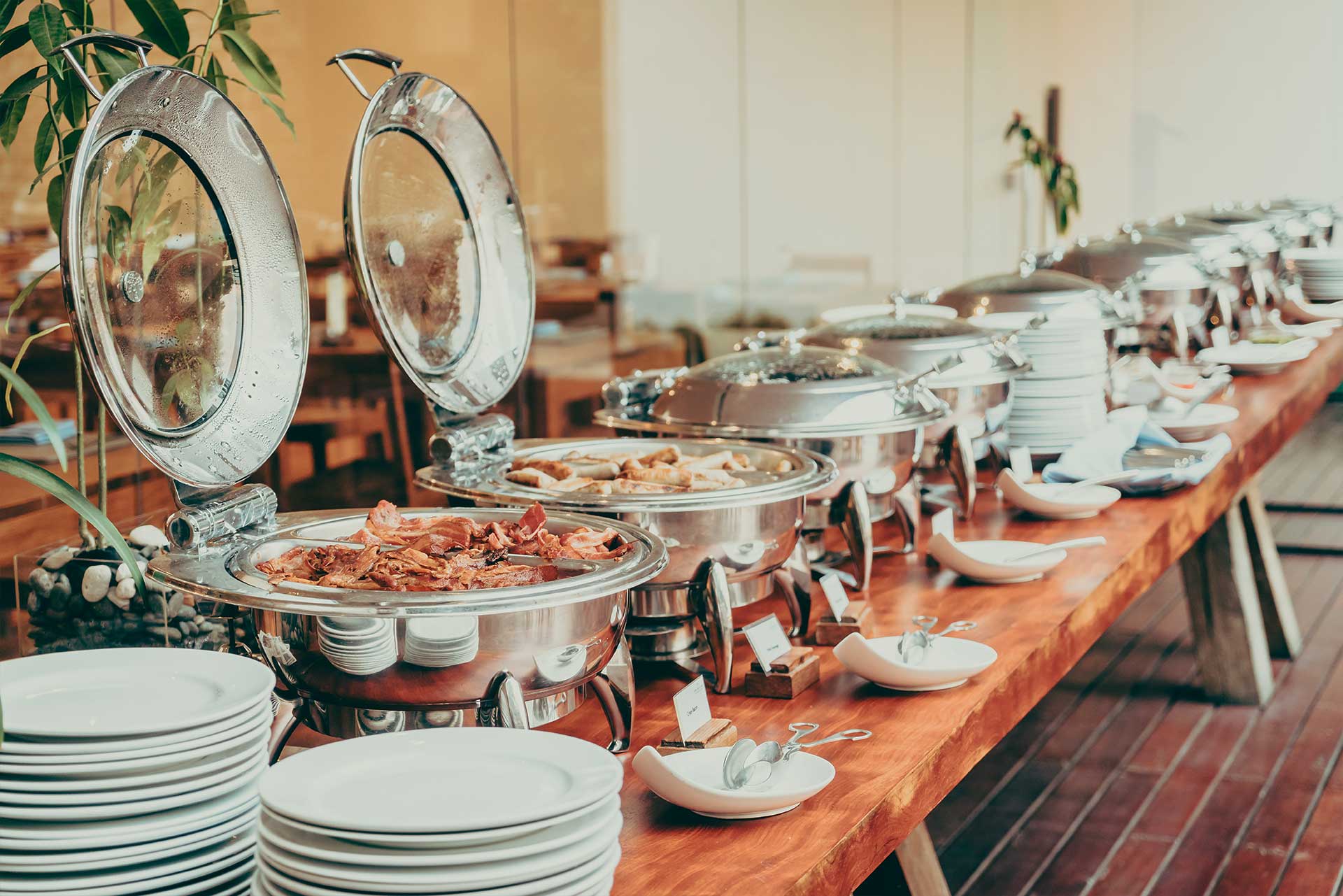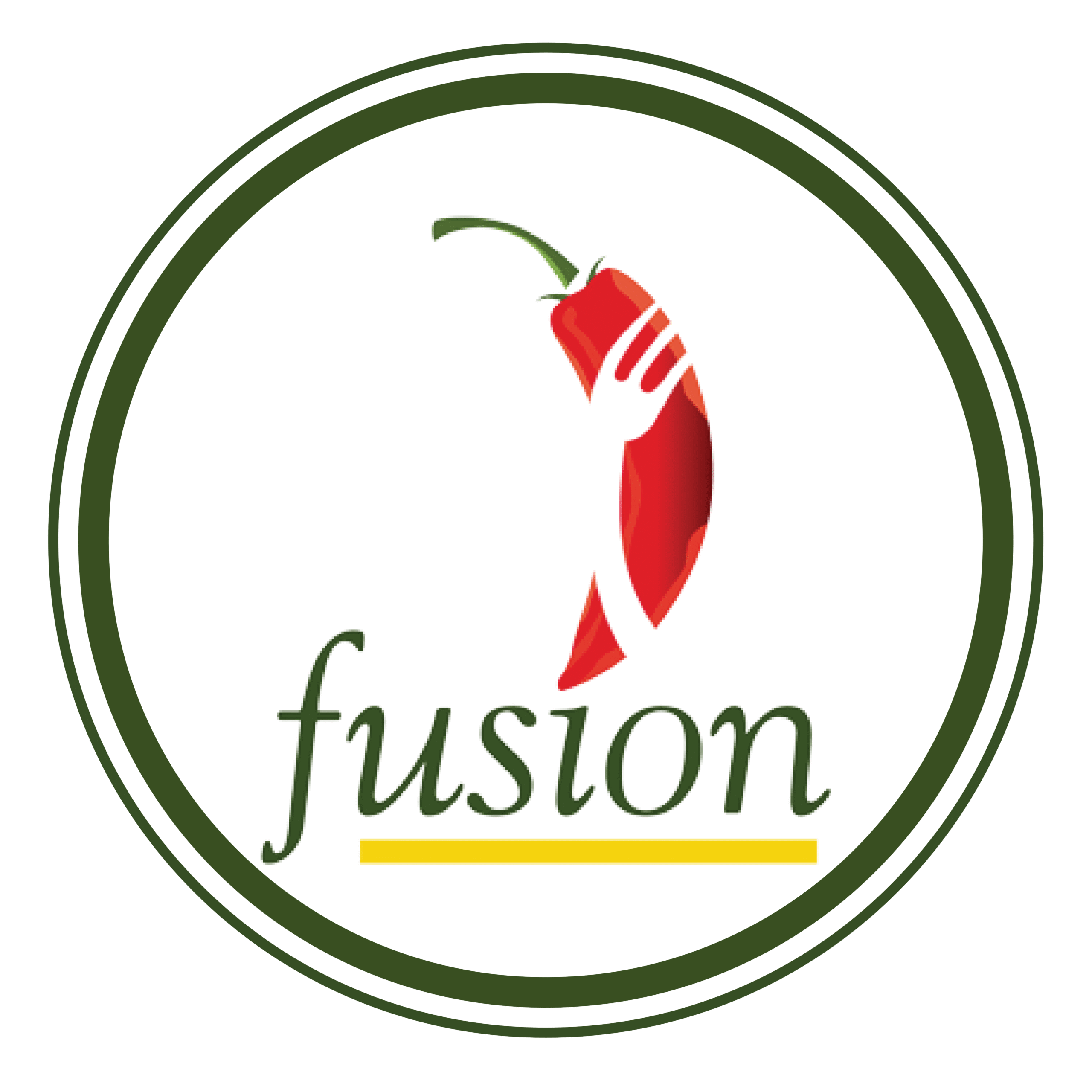
K Sridhar,
Managing Director,
Fusion Foods and Catering Private Ltd
Challenges in the Catering Industry—A Perspective from the Field
In today’s fast-moving world, where institutions like factories, schools, hospitals, and corporate offices rely on dependable food services, contractual catering plays a critical behind-the-scenes role. It’s a segment of the food industry that ensures large groups of people are fed efficiently, safely, and consistently every single day. While it may not enjoy the spotlight like restaurants or event catering, the challenges it faces are far more complex and continuous.
As someone who has built and grown a home-grown catering company based in Chennai, I’ve seen first-hand just how demanding—and rewarding—this space can be. When people think of food businesses, they often picture glamour, creativity, and celebrations. In our line of work, it’s about precision, consistency, and trust—every single day.
Here are some of the biggest challenges we face in the contractual catering industry:
- Food Safety
In this business, food safety isn’t a bonus—it’s a baseline. When you’re serving hundreds or thousands of meals daily, there’s absolutely no room for error. From sourcing raw materials responsibly to ensuring the right temperatures during storage, cooking, and transport, every step requires attention to detail. One lapse can undo months of goodwill and credibility.
- Hygiene
Maintaining spotless kitchens, clean uniforms, sanitised equipment, and proper waste disposal systems is a non-negotiable. In high-volume catering, especially in institutional setups, the pace can sometimes make hygiene harder to manage—but never less important. As a company head, this is something I personally monitor, because it defines who we are.
- Compliance
We work in a highly regulated space, especially when dealing with large companies and industrial clients. FSSAI norms, labour regulations, safety protocols, fire audits—these aren’t just checkboxes, they’re systems that require ongoing investment and vigilance. One of our biggest internal efforts goes into staying compliant and audit-ready at all times.
- Skilled Manpower and Training
Our teams are our strength. But attracting, training, and retaining skilled staff—from cooks and kitchen assistants to delivery personnel—remains one of the toughest parts of the job. We are constantly upskilling our teams, not just in food prep or hygiene, but in soft skills and customer interaction, because our people are the face of our brand every day.
- Customer Satisfaction and Retention
One thing I’ve learned over the years is that customer satisfaction in institutional catering is dynamic. Even if you deliver clean, timely, and tasty meals — clients and their employees often want more: more variety, more health-conscious options, more regional flavours, and sometimes, just something new to break the routine. The expectations keep evolving, and we must evolve too.
Going Beyond the Plate
Contractual catering is no longer just about providing meals. For many of our clients, we’re an extension of their workplace culture. We’re there at lunch breaks, fuelling productivity, supporting employee wellbeing, and sometimes, even lifting moods after a long shift. I believe this industry has the potential to make a deep human impact—and that’s what keeps us going.
In Conclusion
Running a catering company in the contractual space is not easy. It requires discipline, adaptability, and a deep sense of responsibility. Margins are often tight, but the room for innovation is vast. Every day brings new challenges—but also new opportunities to serve better, grow stronger, and build lasting relationships.
From our kitchens to dining halls across the South and beyond, we remain committed to delivering quality, consistency, and care—one meal at a time.




